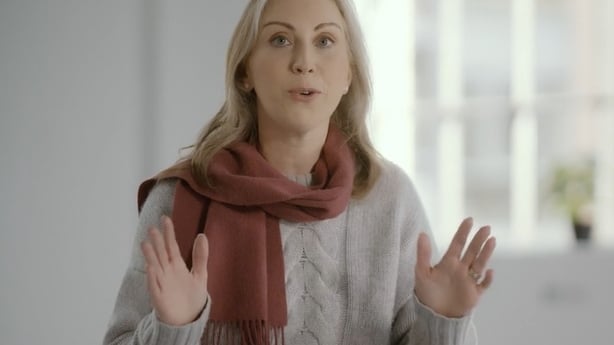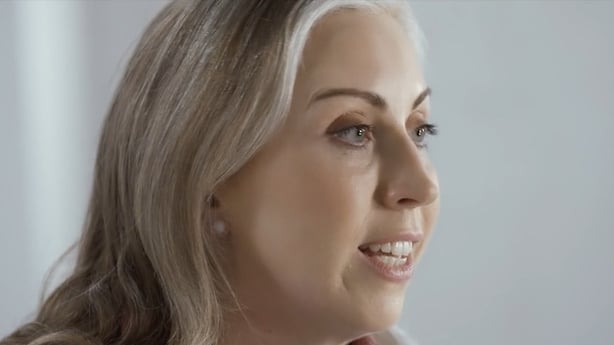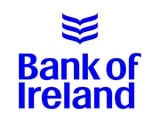As part of Bank of Ireland's 'Money Smarts’ series, money coach Kel Galavan sat down to impart her wise words when it comes to improving your financial management skills. Whether you’re looking to save for something big, or just want to get a better grip on your spending habits, she’s got some essential advice for putting yourself back in control of your money.
When it comes to the tricky task of tracking your spending, Kel recommends that you start with a budget. If the word ‘budget’ is a bit of a turn-off, maybe something simpler like ‘spending plan’ will remove the negative connotations. Whatever your preference, the budget will serve as a starting point to get you working towards the things you want to achieve in life. A simple approach works best, breaking down your cash flow into income versus outgoings. Find a gap between the two, and that’s where your savings lie. The golden rule is to save a small amount of money (at the very least) every time you get some form of income. That’ll make life a lot easier, especially down the line when unexpected things come your way.

But how much money should you be keeping aside for savings? Kel has a golden rule that can be applied to most incomes. It’s called the 50/30/20 rule and works exactly how it sounds. When money comes in, you should aim to put 50% of it towards any bills and essentials you need to cover. 30% can be used for the more exciting things in life that make you happy, and 20% should be put into savings. If you can manage to stick to this breakdown, you’ll be building a healthy savings pot in no time, while still having time for fun along the way since you’ll be keeping your other responsibilities in check.
Naturally, the temptation to dip into your savings can arise every now and then. A good tip to combat that, Kel shares, is to give the money a named purpose. This will help sway you in the opposite direction when temptation calls, as you’re less likely to want to jeopardise your efforts for something spontaneous when ‘Holiday Fund’ is looking you square in the face.
If you’re still struggling with self-control, it’s a good idea to add a layer of difficulty to accessing your savings. Consider opening a separate savings account where you’ll have to physically visit the branch to take the money out. The added journey will give you some thinking time along the way to really consider whether it’s worth dipping into your savings. You could also make a vision board or change your phone’s lock screen to a reminder of what you’re working towards. If it’s a trip around the world, pick a must-see location to serve as inspiration to continue saving and avoid impulsivity.

For those that struggle with restraint when it comes to spending, Kel advises trying to tune out the noise from social media. Repetitive advertising and smart targeting can find you wanting things you wouldn’t usually think twice about. Kel has a 72-hour rule you can use, where you leave something in your shopping cart for three days to see if you really want it. The cooling-off period will give you some breathing space to work out if the purchase is an essential after all.
It’s also a good idea to limit your time on social media if it often lures you into making frivolous purchases, Kel says. She recommends a thorough assessment of the accounts you follow to ensure they’re aligned with your life goals. If a particular brand often serves up eye-catching products you’re privy to buying, unfollow the account to help keep your savings intact and your mind focused on the end goal. Get temptation out of the way before it strikes, prioritising your true interests over materialistic things.
Whether you’re looking to improve your spending and saving habits or simply want to maximise your budget, watch the full video to get more expert insight on improving your money management. The sooner you start, the easier it’ll be to reach your financial goals.
For more information on financial literacy and the Bank Of Ireland Money Smarts programme click here.
